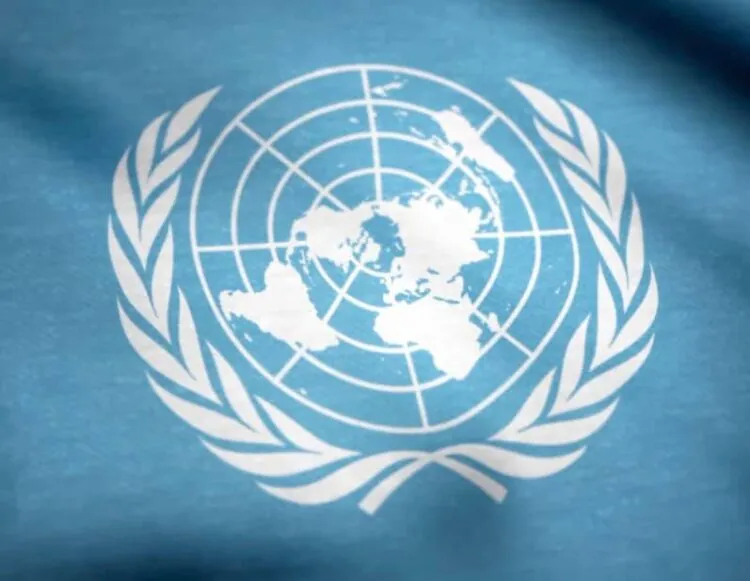UNDRIP Action Plan addresses Indigenous self-government

On June 21, 2023, the Government of Canada released its long-awaited United Nations Declaration on the Rights of Indigenous Peoples Act (UNDRIP) Action Plan. The Action Plan is part of Canada’s commitment to implement the principles of UNDRIP in Canadian law.
This blog will discuss the sections of the Action Plan on Indigenous self-government. Stay tuned for our upcoming blogs on the other areas of federal legislative, regulatory, policy and program changes that are required to implement UNDRIP in Canada.
Recognizing Indigenous self-government
One of the goals of the Action Plan is to recognize Indigenous governments as a third order of government alongside the federal and provincial governments in Canada. To achieve this, the Action Plan outlines some high-level goals and priorities, which focus on:
- Affirming and implementing existing and future Treaties
- Repealing or amending colonial laws, policies and practices
- Recognizing Indigenous legal orders within Indigenous communities
- Ensuring adequate funding for Indigenous self-government
Self-government and self-determination priorities
The Action Plan outlines the self-government and self-determination priorities that Indigenous communities identified during the initial consultation process:
- First Nations priorities: developing a new fiscal relationship to advance self-determination and re-affirm pre-1975 Treaty relationships [page 49].
- Inuit priorities: supporting the right of Inuit self-determination and Inuit-specific approaches, implementing the Crown’s modern Treaty obligations and applying an Inuit Nunangat approach, and recognizing Inuit modern treaties are living documents capable of evolving over time [page 55].
- Métis priorities: recognizing and supporting Métis self-determination, including engaging with Métis governments to develop approaches to redress Métis claims and historical wrongs and to develop fiscal policies for Métis self-governments, and committing to advancing approaches to recognize and implement Métis rights [page 61].
- Indigenous modern Treaty partner priorities: ensuring that Indigenous Modern Treaty Partners are able to conclude self-government agreements and continuing to develop funding methodologies to ensure that self-governing Indigenous communities have sufficient fiscal resources to fulfil their responsibilities [page 67].
Proposed actions
The Action Plan also outlines nine specific measures Canada will take in further consultation and in cooperation with Indigenous communities that are based on these shared priorities:
- Withdrawing the comprehensive land claims and inherent rights policies, along with a public statement that clarifies Canada’s approach to negotiating treaties, agreements and other constructive agreements while emphasizing that extinguishing rights is not a policy objective [page 29, paragraph 23].
- Removing jointly identified barriers to settlement and developing new approaches to implementing the right to self-determination through Treaties, agreements and other arrangements [page 29, paragraph 24].
- Honourably implement historic and modern treaties, self-government arrangements, agreements and constructive arrangements [page 29, paragraph 25].
- Co-developing solutions to policy impediments that impact the implementation of Indigenous self-governments’ agreements [page 29, paragraph 26].
- Developing a service transfer policy framework to jointly advance the transfer of design, delivery and management of services from Canada to Indigenous partners [page 30, paragraph 27].
- Increasing access to justice for Indigenous peoples by finalizing an Indigenous Justice Strategy in consultation with Indigenous partners to address systemic discrimination in the legal system and providing support for the revitalization and enforcement of Indigenous laws and legal orders [page 30, paragraph 28].
- Continuing to implement Indigenous jurisdiction over family and child services by setting minimum standards for culturally appropriate delivery of services to help reduce the number of Indigenous children in care [page 30, paragraph 29].
- Supporting Indigenous data sovereignty and data strategies through regulatory and policy options to ensure the security and self-determination over data in Indigenous communities [page 30, paragraph 30].
- Building on the ongoing policy of collaboration to identify opportunities to reform and strengthen rights-based negotiations and approaches between Canada and Indigenous communities [page 30, paragraph 31].
A significant part of the UNDRIP Action Plan is focused on making the legal and fiscal changes needed to achieve Indigenous self-determination through self-governance. For more information on the Action Plan and what implications it may have for your organization, please contact the lawyers in our Indigenous practice area, who would be pleased to assist.
Note: This article is of a general nature only and is not exhaustive of all possible legal rights or remedies. In addition, laws may change over time and should be interpreted only in the context of particular circumstances such that these materials are not intended to be relied upon or taken as legal advice or opinion. Readers should consult a legal professional for specific advice in any particular situation.



